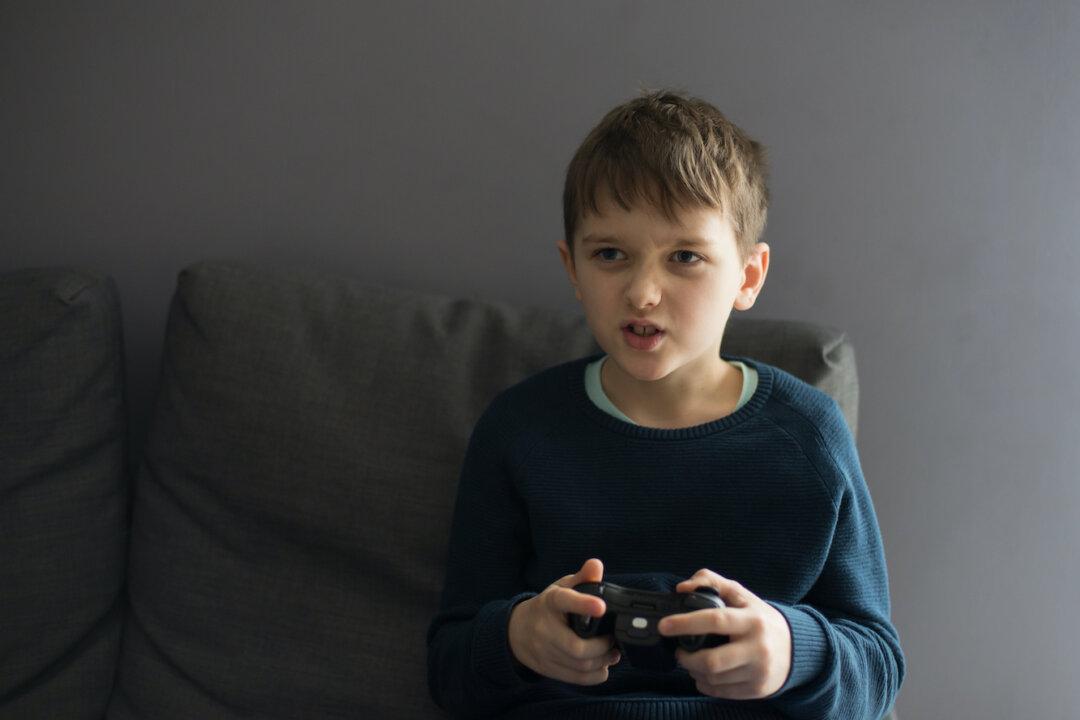A recent study by a group of psychologists from Sydney’s Macquarie University reveals that young people with lower executive function, such as weak self-control and greater impulsivity, are more vulnerable to gaming addiction.
It also found that kids who don’t have their basic needs met in real life, like self-esteem, being socially included or feeling in control over their external environments, are more likely to develop internet gaming disorder.





